Paraguay, the hidden gem of South America, is like a delightful surprise waiting to be discovered. It’s a land of contrasts, where modern cities coexist with lush rainforests and traditional Guarani villages. The Paraguayans, known for their warmth and friendliness, embrace a relaxed way of life that revolves around family, food, and fun. It’s a place where time seems to slow down, and siestas are taken seriously. Don’t be surprised if you find yourself caught in the middle of an impromptu street party, where lively music, vibrant costumes, and delicious barbecue (known as asado) take center stage. Paraguayans have a knack for finding joy in the simple things, whether it’s a game of fútbol (soccer) in the neighborhood park or a lively conversation over a refreshing tereré (traditional herbal drink). So, immerse yourself in the laid-back rhythm of Paraguay, let the contagious laughter of the people lift your spirits, and get ready for a truly unique and unforgettable adventure in this charming landlocked country.
 VICTOR
VICTOR
(english, spanish)Do you want to visit Peru? With a special, tailor-made trip, that could also include even the whole of Latin America! LET'S PLAN YOUR TRAVEL!I want this! Take me there BENCE
BENCE
(english, german, italian, portuguese, spanish, creole, hungarian)Considering moving abroad? Or starting a business? Bence is a residency and citizenship expert who will help you MAKE THE RIGHT DECISIONI want this! Take me there
Weather
Paraguay experiences a subtropical climate, characterized by distinct seasons. Summers are hot and humid, with temperatures often reaching the high 30s Celsius (90s Fahrenheit). Rainfall is common during this season, providing relief from the heat. Winters are mild, with temperatures averaging around 20 degrees Celsius (68 degrees Fahrenheit). While Paraguay does not have direct access to the sea, it is still influenced by the Paraguay and Paraná rivers, which contribute to the country’s overall weather patterns.
Cost of Living
The cost of living in Paraguay is generally lower compared to many other South American countries. Accommodation, food, and transportation can be relatively affordable, especially in rural areas and smaller cities. However, in urban centers like Asunción, the capital, and Ciudad del Este, prices can be slightly higher. Overall, Paraguay offers a favorable cost of living, making it an attractive destination for expatriates and budget travelers.
Sport
Football (soccer) is undoubtedly the most popular sport in Paraguay. The country has a rich footballing tradition, with passionate fans supporting local teams and the national squad. Paraguay has produced talented football players who have made their mark on the international stage. Other sports such as basketball and rugby are also gaining popularity. Traditional Paraguayan games like “Ñanduti” and “Pikó” showcase the cultural heritage of the country and provide entertainment during festive occasions.
Sustainability
Paraguay is making efforts to promote sustainability and environmental conservation. The country is blessed with an abundance of natural resources, including vast forests and diverse wildlife. Conservation initiatives aim to protect these valuable ecosystems, such as the creation of national parks and reserves. Paraguay is also investing in renewable energy sources, particularly hydroelectric power, with projects like the Itaipu Dam, one of the world’s largest hydroelectric facilities. The government and various organizations are working together to balance economic development with sustainable practices.
Transport
Transportation in Paraguay primarily relies on a network of roads and highways that connect different regions of the country. Buses are the most common mode of public transportation, offering affordable options for traveling both within cities and between towns. Taxis are readily available in urban areas, while motorcycle taxis, known as “mototaxis,” are a popular choice for short distances. Paraguay also has airports in major cities, providing domestic and international air travel options.
Economy
Paraguay’s economy is characterized by a mix of agriculture, manufacturing, and services. Agriculture plays a significant role, with the country being a major exporter of soybeans, beef, and other agricultural products. Manufacturing sectors such as textiles, food processing, and automotive production contribute to the economy’s diversification. Paraguay has also seen growth in the service sector, including tourism and financial services. The country’s economic development is supported by initiatives to attract foreign investment, improve infrastructure, and enhance trade relations with other countries.
